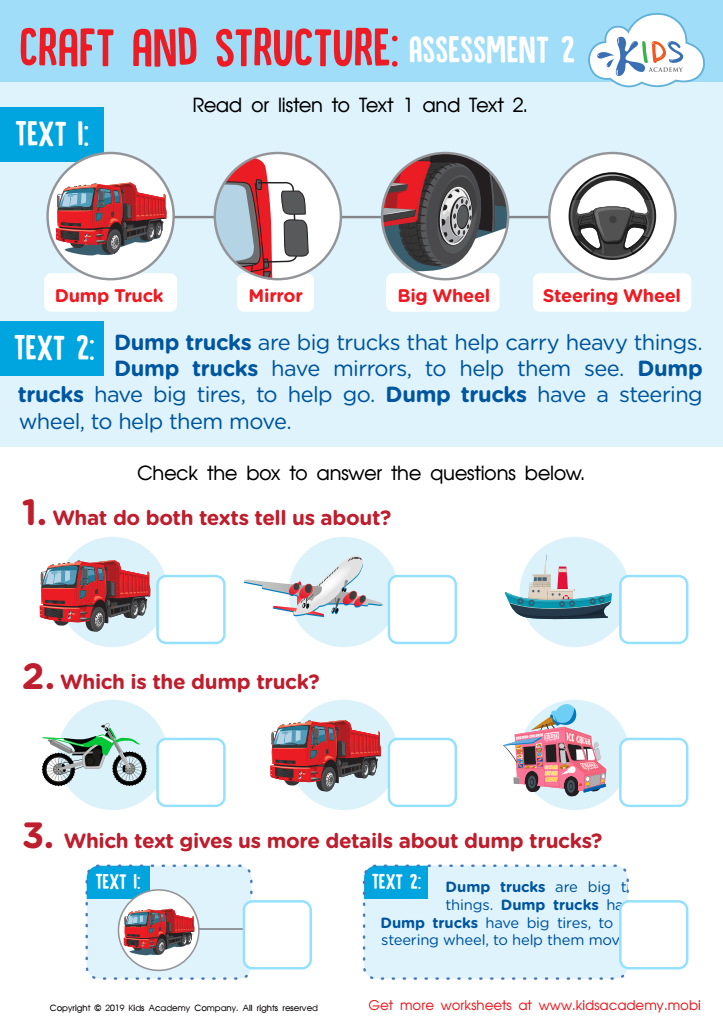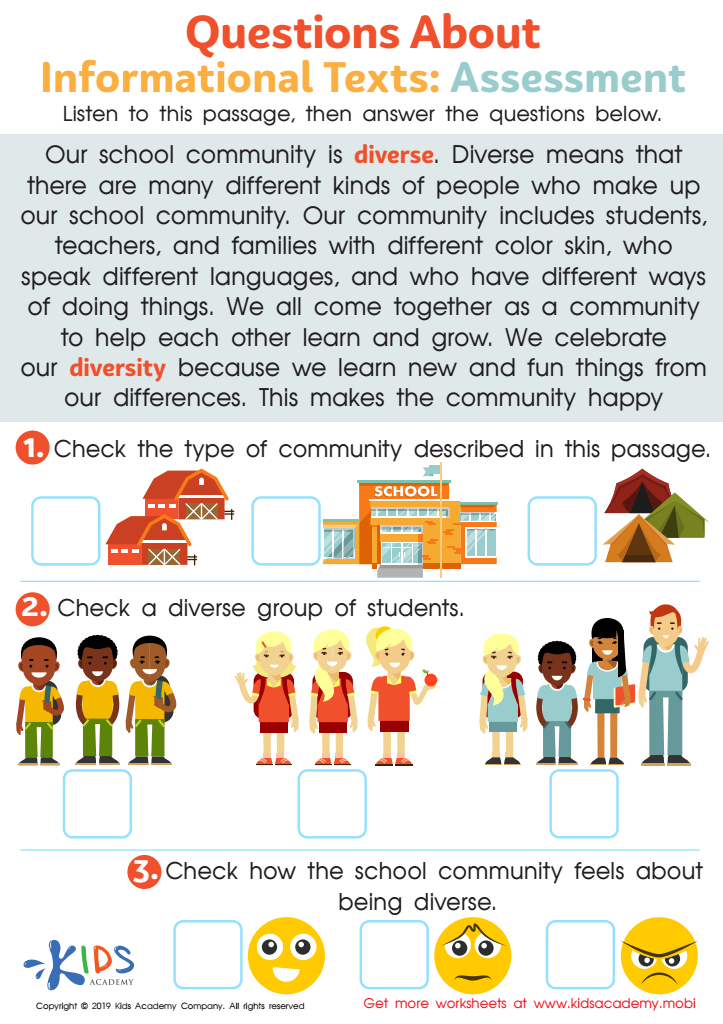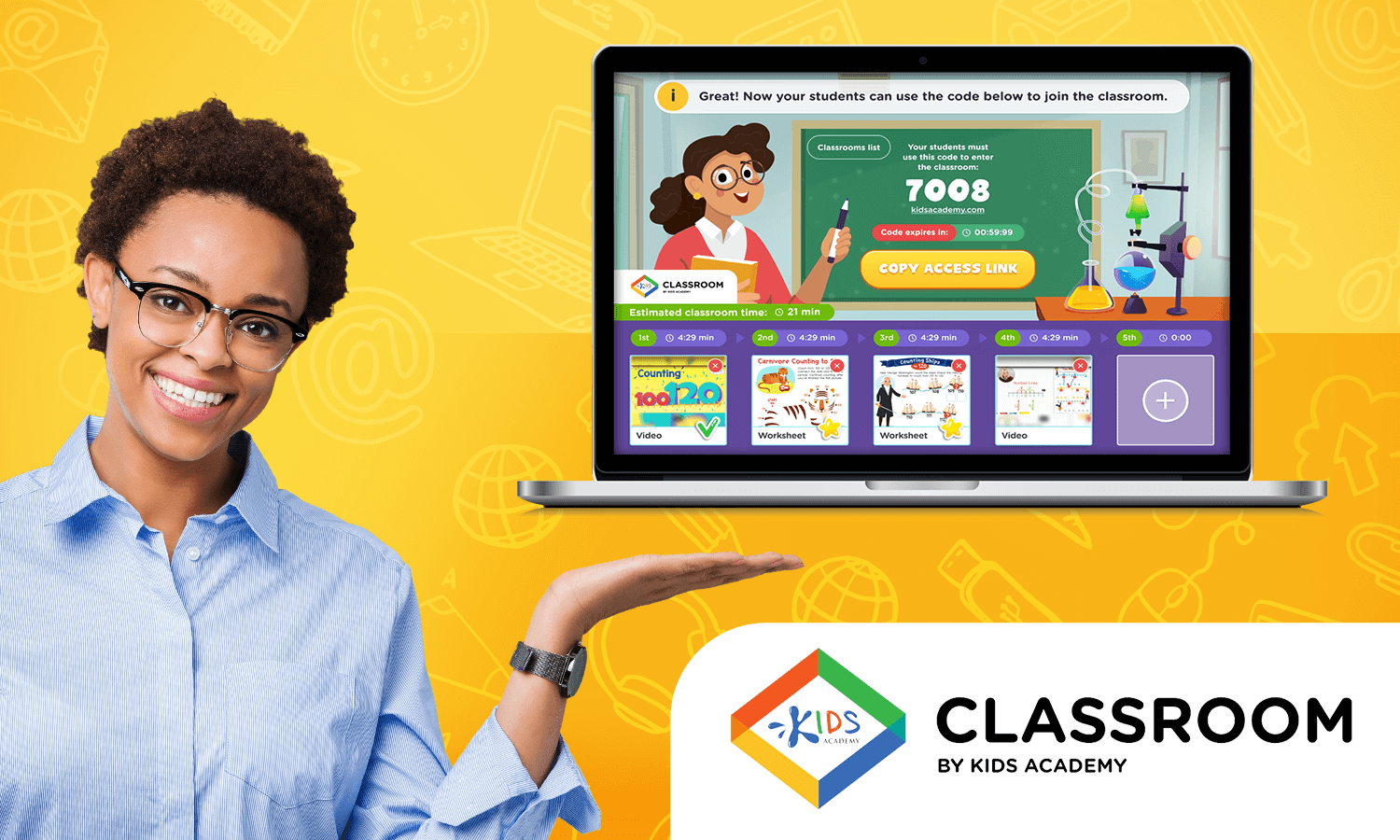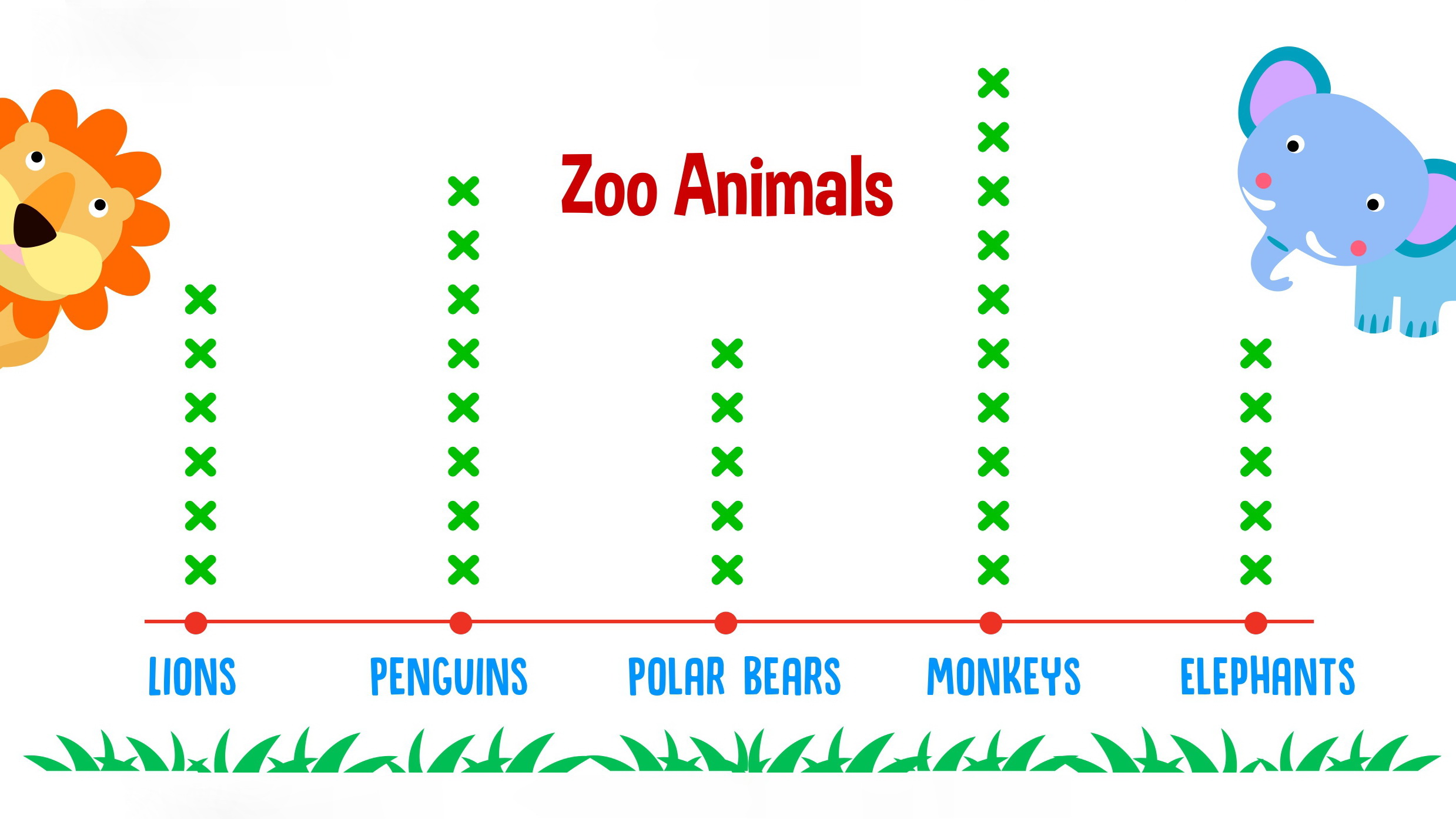Reading Non-Fiction worksheets activities for 6-Year-Olds
2 filtered results
-
From - To


Craft and Structure: Assessment 2 Worksheet


Questions About Informational Texts: Assessment 1 Worksheet
Reading Non-Fiction worksheets activities are an invaluable tool in the educational landscape for a multitude of reasons. These activities are designed not only to enhance literacy skills but also to instill a profound understanding and appreciation of the world around us through the exploration of factual content. Here’s why incorporating Reading Non-Fiction worksheets into learning is so beneficial:
Development of Critical Thinking Skills: Reading Non-Fiction worksheets activities push students to analyze, evaluate, and synthesize information, thereby honing their critical thinking skills. As they engage with real-world issues and facts, learners are encouraged to question and critique the information presented, leading to a more discerning and analytical mindset.
Enhancement of Comprehension Skills: Engaging with non-fiction through worksheets allows students to practice and improve their comprehension skills. These activities often include questions that require students to find main ideas, understand vocabulary in context, and infer meanings, which are crucial skills not only academically but in everyday life.
Expansion of General Knowledge: Reading Non-Fiction worksheets expose students to a diverse range of topics, from science and history to culture and technology. This broadens their knowledge base and fosters a curiosity about the world, making learning an exciting and continuous process.
Preparation for Real-World Interactions: The ability to navigate and understand non-fiction texts is essential in the real world, whether reading a news article, understanding a work report, or researching a health concern. Worksheets activities prepare students for these interactions by teaching them how to extract and apply information from non-fiction texts effectively.
Improvement of Writing Skills: Exposure to well-structured non-fiction through worksheets can also improve students' writing skills. By analyzing how authors present arguments, data, and facts, students learn to incorporate these elements into their writing, making it more persuasive and authoritative.
In summary, Reading Non-Fiction worksheets activities are a cornerstone in developing well-rounded, informed, and critical thinkers. They not only enhance academic skills but also prepare students for a lifetime of learning and engaging with the world in meaningful ways.
 Assign to My Students
Assign to My Students















